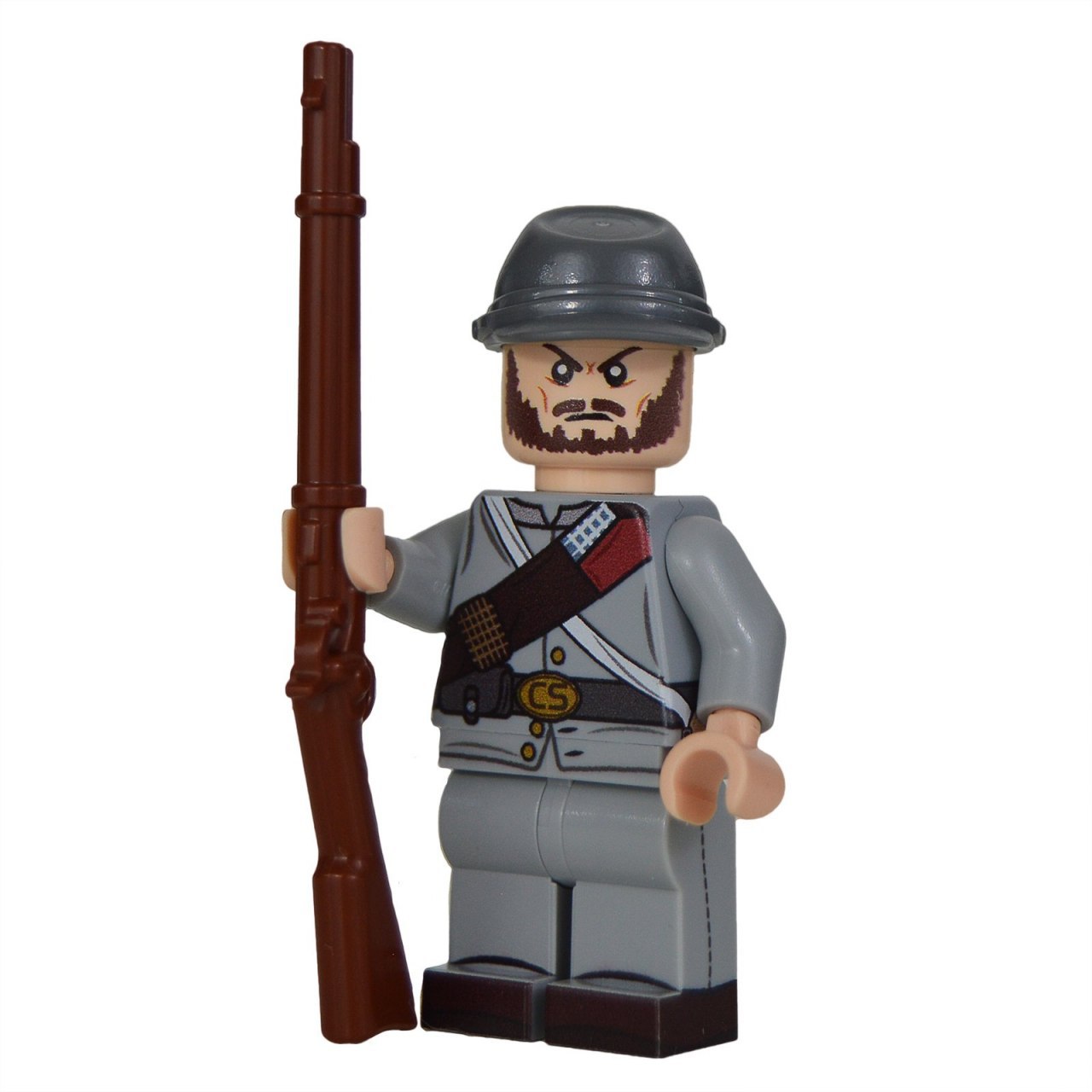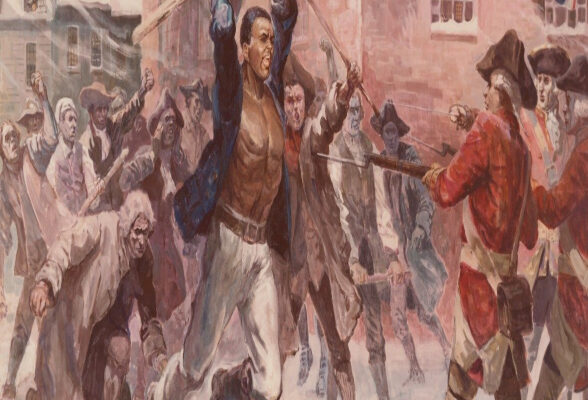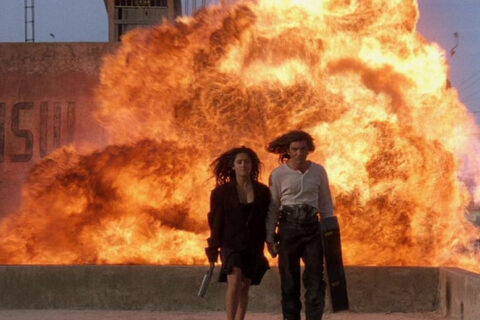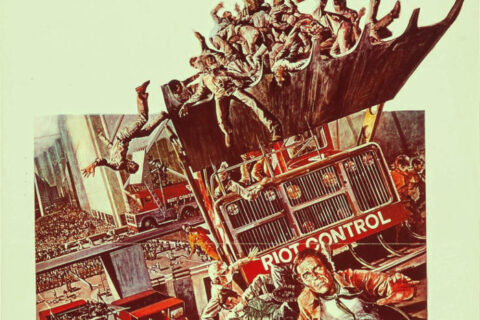Everybody knows that I’m not a racist. I wouldn’t say the N-word, and my record will attest that I’ve never said the N-word. Historically, however, the N-word was simply the term for what we now call “African Americans” in colloquial conversation, much like we use the term “walking” instead of “ambulating” to describe moving oneself from place to place. It wasn’t really an impolite term at all.
With the progression of time, each new euphemism formulated to avoid using the N-word for the sake of evolving social pleasantries has been understood universally to mean the N-word. For example, “scholar” or “jogger.” Thus, with each new iteration the original meaning continues to be conveyed without the slightest degree of ambiguity. This is perhaps a lasting testament to the underlying veracity of the concept.
In contrast, “Negro” would be the equivalent of “African American” in a bygone America, a term used in more formal settings such as a courtroom, which I’ll get to later. I’m bringing this up today because someone recently asked me about Crispus Attucks. Apparently some sort of mulatto, Crispus was the first person killed in the Boston Massacre and is thus hailed as the first to die in the entire American Revolution.
To be honest, I’d never read much about the story of Crispus Attucks, but I’d assumed that because he was black, a big deal was made out of him for reasons that have nothing to with his actual historical significance or noble sacrifice. My assumption was that he was drawn to the riot simply because it was a riot. The British soldiers were particularly incensed at his black behavior and so this was why he got shot first.
Dropping him didn’t gentle down the crowd so they shot the white people next. White people of bygone ages, if suitably provoked, were capable of losing their civilized temperament and “chimping out,” to use a distasteful modern expression. So, I’m still pretty sure all of the above is a safe assumption.
Everyone knows that the black people are possessed by an irrepressible affinity for violence and mischief. They become giddy at the spectacle of mayhem regardless of why it transpires. Furthermore, the average black person has no ideological lenses with which they view the world beyond wanting free stuff and being above the law. This wasn’t any different way before they had phones to film everything while they shout “oh shit!” or corporate retailers available to pillage.
Upon a rigorous academic deep dive with Wikipedia, I was surprised to learn that the British soldiers were represented in court by future president John Adams, who:
… successfully defended most of the accused soldiers against a charge of murder. Two were found guilty of manslaughter. Faced with the prospect of hanging, the soldiers pleaded benefit of clergy, and were instead branded on their thumbs. In his arguments, Adams called the crowd “a motley rabble of saucy boys, negros and molattoes, Irish teagues and outlandish Jack Tarrs.” In particular, he charged Attucks with having “undertaken to be the hero of the night,” and with having precipitated a conflict by his “mad behavior.”
Obviously, Attucks’ “mad behavior” precipitated him getting shot. It always does with black people, but that’s not what prompted me to write about this one. Imagine being set upon by such a rabble, shooting them, and then pleading for the benefit of clergy at your trial. What a fascinating and civilized age this must’ve been.
It’s not only the legal proceedings, but how much better spoken a gentleman was groomed to be in those days. He could be incisive, threatening, and haughty all at once. Here’s a snippet of dialogue from a book I enjoyed as a boy, Treasure Island. It’s set in roughly the same time period. Doctor Livesey is rudely confronted by a drunken pirate in a tavern:
“Were you addressing me, sir?” says the doctor; and when the ruffian had told him, with another oath, that this was so, “I have only one thing to say to you, sir,” replies the doctor, “that if you keep on drinking rum, the world will soon be quit of a very dirty scoundrel!”
The old fellow’s fury was awful. He sprang to his feet, drew and opened a sailor’s clasp-knife, and balancing it open on the palm of his hand, threatened to pin the doctor to the wall.
The doctor never so much as moved. He spoke to him as before, over his shoulder and in the same tone of voice, rather high, so that all the room might hear, but perfectly calm and steady: “If you do not put that knife this instant in your pocket, I promise, upon my honour, you shall hang at the next assizes.”
Then followed a battle of looks between them, but the captain soon knuckled under, put up his weapon, and resumed his seat, grumbling like a beaten dog.
Imagine trying to pull this maneuver at Walmart. The cops would probably arrest you for being crazy. As the shadows lengthen, I don’t get myself bogged down with verbal disputes, particularly with the low creatures of this Earth. This has been my rhetoric for years:
Keep moving. Just don’t take the bait, that’s my advice. It’s best not to engage. Although, a question still troubles my mind: as we embrace the decline, from where do we draw the inspiration?

I’m proud to officially announce my candidacy for the office of Dogcatcher.






Oy vey!
I highly recommend the HBO series on John Adams. It should be inexpensive now since it is several years old. Portions of it are on You Tube especially the debate between Thomas Hamilton and Alexander Hamilton.
“Imagine trying to pull this maneuver at Walmart.” Imagine dressing as Cary Grant (or our grandfathers) going to the bank. Or the supermarket. Those days are gone. Sigh…let’s work to bring them back.